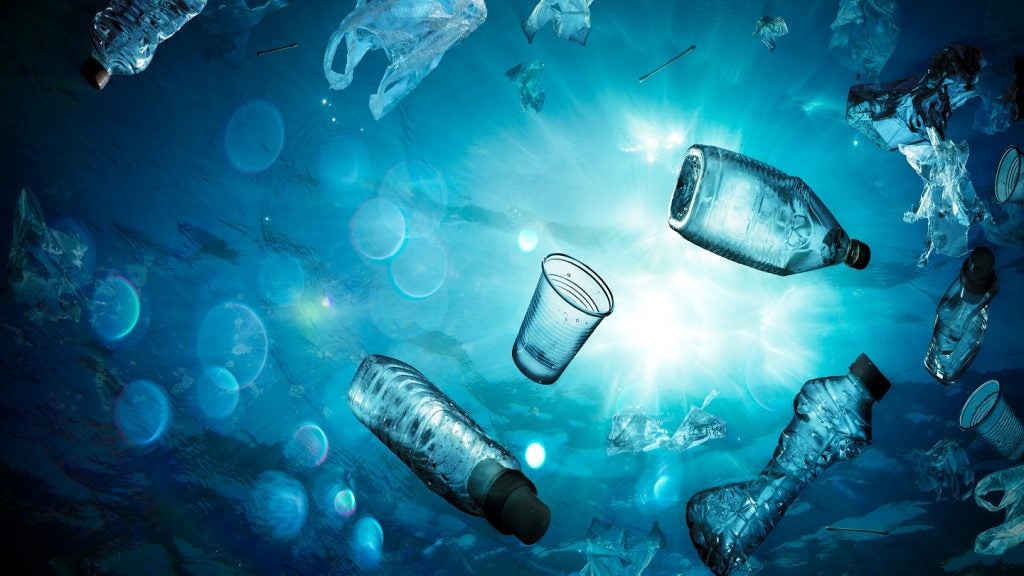New research led by researchers from the University of Portsmouth in the UK and Belgium’s Flanders Marine Institute has provided insights into the behaviour of various types of plastics.
The researchers studied the decomposition process of two plastic types in extreme conditions.
The study found that biobased plastic was more resilient under conditions simulating 24 months of sun exposure in Central Europe when compared to petroleum derivatives-based plastic.
The study also revealed that a new plant-based plastic material emits significantly fewer microplastics than traditional plastic when subjected to sunlight and seawater.
University of Portsmouth School of Mechanical and Design Engineering professor and member of Revolution Plastics Hom Dhakal said: “Biobased plastics are gaining interest as alternatives to conventional plastics, but little is known about their potential source of microplastics pollution in the marine environment.
“It’s important to understand how these materials behave when they’re exposed to extreme environments, so we can predict how they’ll work when they’re used in marine applications, like building a boat hull, and what impact they might have on ocean life.
“By knowing the effect of different types of plastics on the environment, we can make better choices to protect our oceans.”
The research paper, published in Ecotoxicology and Environmental Safety, also indicated that the size and shape of the microplastics varied depending on the plastic type.
Conventional plastics tended to break down into smaller, less fibrous pieces than their plant-based counterparts.
According to Plastic Oceans International, the equivalent of a truckload of plastic enters the oceans every minute of the day.
This plastic waste breaks down into microplastics, particles smaller than 5mm, which pose a considerable threat to marine ecosystems.
The study's findings are crucial as they suggest that plant-based plastics could be a more environmentally friendly alternative for marine applications.









